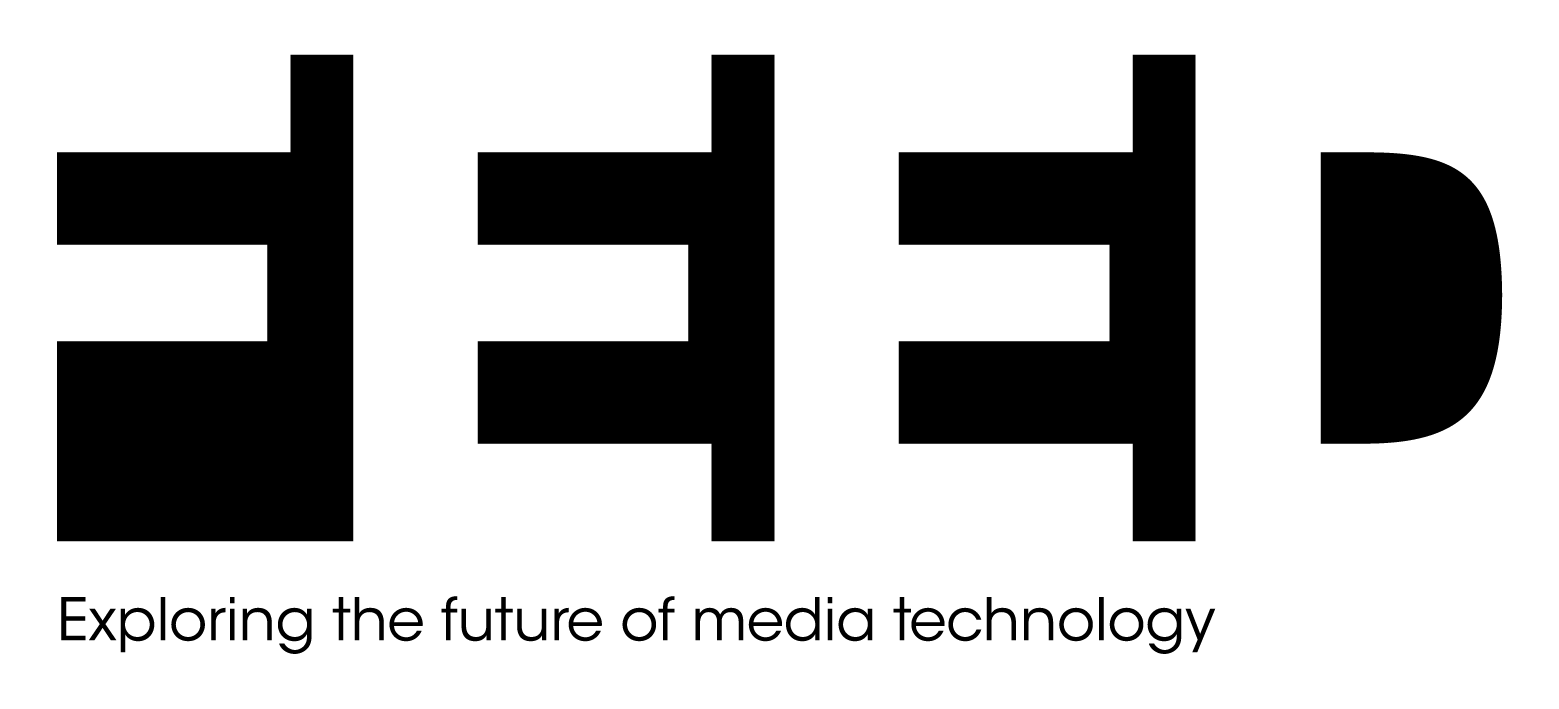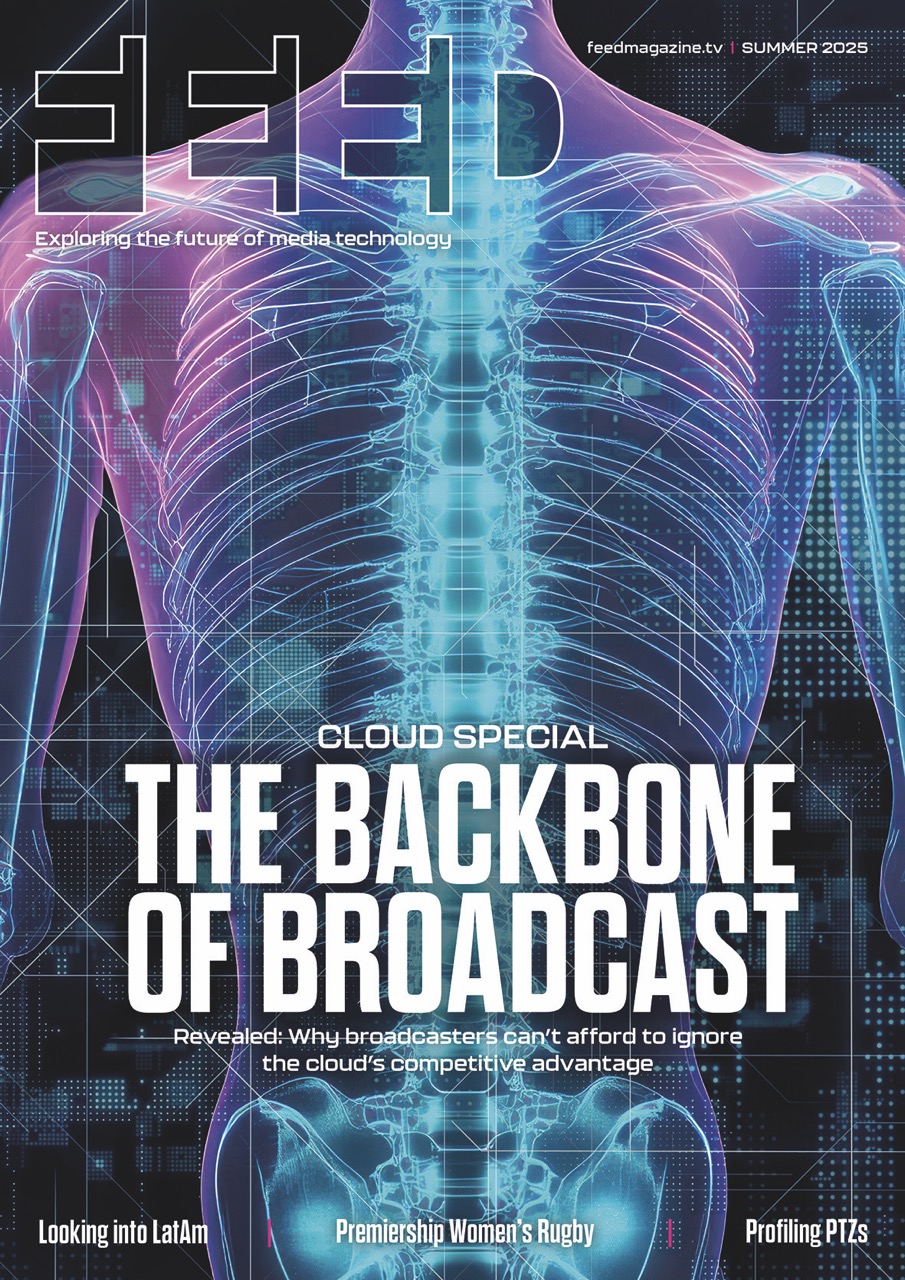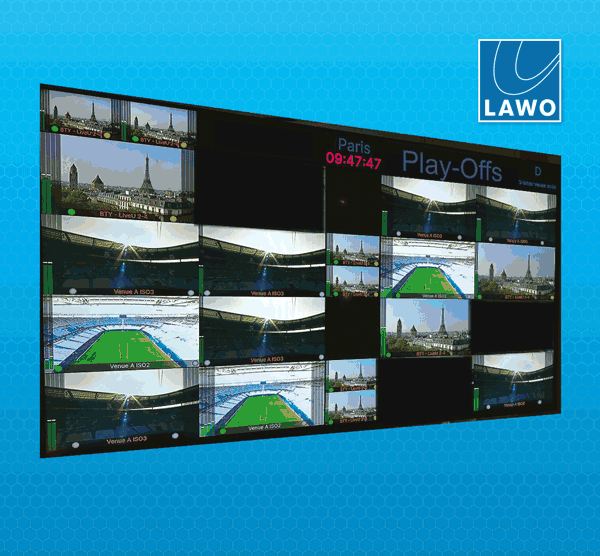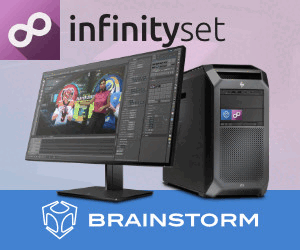A New Breed of Platform
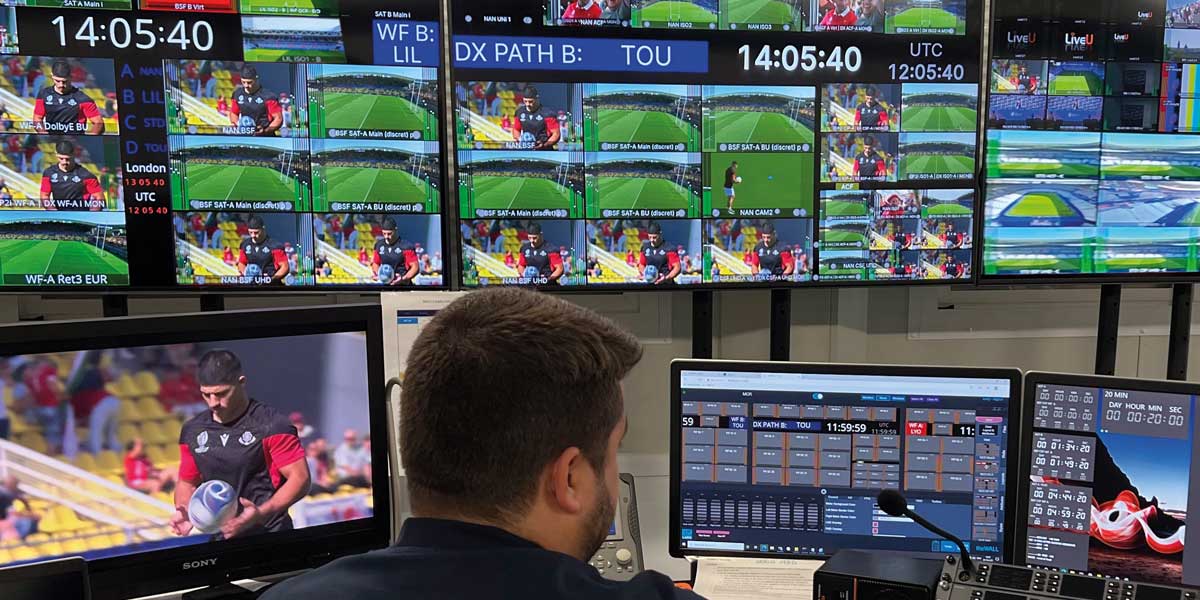
Posted on May 11, 2024 by FEED Staff
Broadcast and AV users demand agile solutions to their growing workflow challenges
Sponsored editorial
Just when everybody was getting used to migrating to IP and using best-of-breed devices for each task, operators began feeling uneasy about the growing number of formats and processing steps.
How do you plan for them? Who does what, and where should they sit on the network?
Open-standards SMPTE ST 2110 is a uniquely flexible transport protocol happily accommodating new formats and workflows, therefore deserving to remain the transport protocol of choice.
It is certainly robust and reliable.
But there are other matters to consider, such as the ability to send data streams over the public internet for lack of a dark-fibre pipe, using lighter gear for Tier 2 and niche-channel broadcasts, live streams, etc.
With flexible processing apps running on standard servers, fuelled by a licensing scheme based on credits, this becomes less of a burden.
In most instances, some capabilities will be required for years to come, while others just need to get operators safely over the next peak.
The same applies for hardware.
Perhaps 32 SDI inputs and outputs are enough for day-to-day workflows.
So why pay for more upfront when there is an easy way to unlock more connectors for big sporting and entertainment events as they occur?
The credits used to unlock server-based app processing capability are also available for leveraging more connectors and additional edge-processing functions on hardware devices.
Don’t need a given processing instance? Just allocate those credits to a gateway, which can then feed multiviewers or streaming platforms while still performing its gateway duties.
A versatile platform should, of course, be more than the ability to activate, deactivate and shift functionality under a system-wide credit scheme.
This platform should address all requirements operators may have – audio and video processing, mixing and matching protocols (NDI and SRT alongside ST 2110), growing and shrinking the processing stack at the press of a software button, or running the processing capability where it makes most sense, whether via processing apps or dedicated hardware with spare resources used for processing.
Harmonise and conquer
Having functionally identical processing tools, both as software on standard servers and bespoke hardware, allows operators to choose the most convenient workflow without breaking the bank or waiting for additional gear to arrive.
Performing JPEG XS compression right at the edge inside a gateway, for instance, helps keep bandwidth requirements at a manageable level.
A second .edge (dot edge) at the receiving end only to decompress such signals is overkill.
Instead, use a processing app able to receive streams in one format and output the (un)processed result in another, with a different kind of compression (eg H.265) if desired.
While interoperability and NMOS support are still needed to interact with tools from third-party vendors, the ‘one for all, all for one’ platform approach is a Swiss knife: when operators run out of bespoke hardware resources, they simply solicit the same use from an app on a standard server.
If there is no immediate need for an additional standard server to run more app instances, delegating the task to a platform-native hardware device provides instant relief.
This approach hinges on the main HOME management platform that unites essence routing, processing, broadcast control and more under one intuitive roof, with a unified look and feel.
This sponsored editorial was first published in the Spring 2024 issue of FEED.
